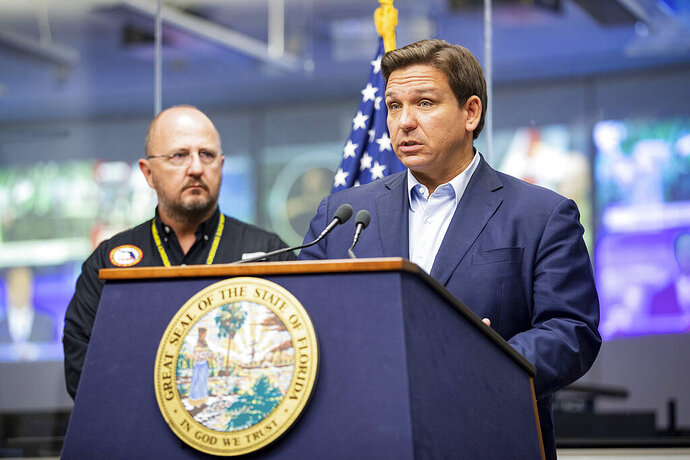I know of a couple of large national insurers that have a FL-specific subsidiary for the sole purpose of isolating insolvency risk to just the policyholders of FL.
FL OIR also keeps wanting these insurers^ to use the surplus of the parent company in their calculations for the profit provision.
^ I’ve done work for the documentation of this profit provision for my company along with doing some rate filings for commercial property for one of the national insurers; and I assume our experience is similar to the other companies given the political environment.
The larger national companies likely have a state-specific subsidiary for FL personal lines (excluding auto) and will have a combination of reinsurance set up both internally (some layers reinsured by the parent company) and externally with a couple of reinsurance companies.
I don’t recall if FL has a state-specific facility for reinsurance (I don’t think so);
Forgot about FHCF; but will add that FL will also place an assessment to any remaining companies still writing in the state for those companies that do go insolvent–including Citizens (as others have pointed out).
One result of a company that does go insolvent: the executive officers of that company can not become an officer for any other insurer in that operates in that state.
IMO, one party that should be included in any class action suit–in addition to these regional insurers–is the state of FL for creating such an environment for the insurance industry.
FTR, State Farm is still writing in FL. I followed that situation rather closely in the day, and when the politicians saw that the result of State Farm exiting was that Citizens became the market leader in the state, there was significant reform in rate filings to get rate increases implemented.
IIRC, FL OIR is still not allowing for adequate rates in terms of their catastrophe provision. If the non-cat portion of their experience is inadequate, then a rate change to make that adequate is usually allowed. But pretty difficult to show “inadequacy” for the cat provision (at least to FL OIR).
But I would speculate part of the problem in that scenario is that many of these smaller regional carriers do not place much of their profit in good years into surplus and are relying on underhanded tactics (like what’s mentioned in the OP’s article) or some form of bail out when the wind blows terribly.
